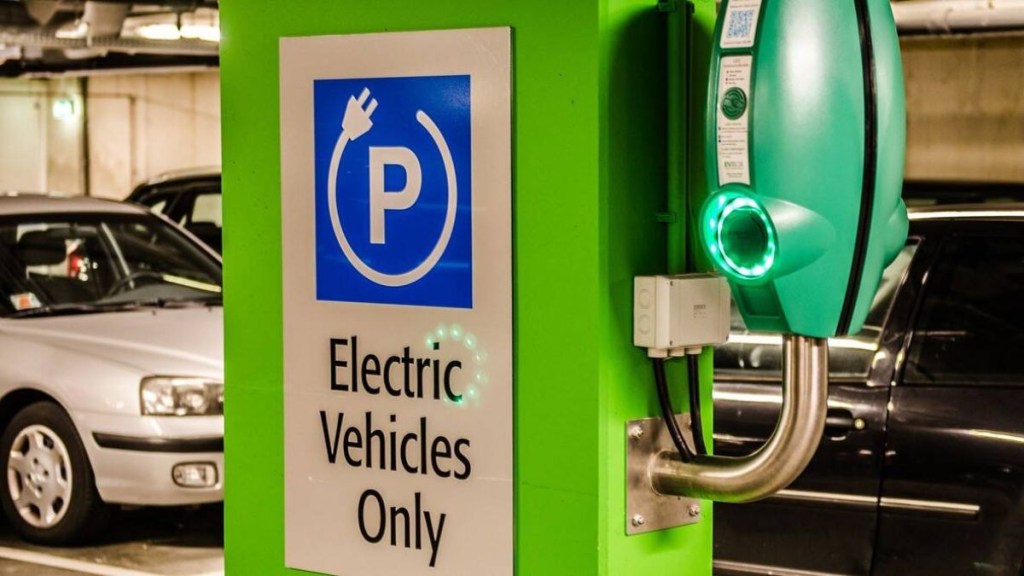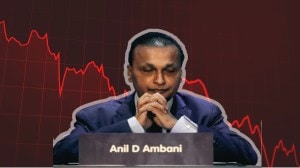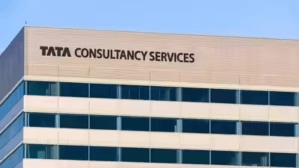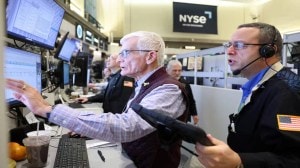The Delhi government’s plan to make it mandatory for cab aggregators to have all-electric fleet in five years, and the surge in electric vehicles registration in Mumbai could pose daunting challenges to the dominant city-gas distribution companies in the two metros – IGL and Mahanagar Gas, respectively. However, the extent of the adverse impact on the two firms’ top lines may differ owing to the difference in the EV targets set by the administrations of two mega cities, analysts said.
These companies may need to expand piped-gas business at a faster rate to meet the overall growth targets, although a large part of it will depend on how fast the pipeline network is laid out, by the likes of GAIL India.
While IGL sees 15% volume to take a hit as the EV penetration sets in, Mahanagar Gas still expects to maintain a growth of 5-6% in its volumes.
“We expect with the lesser addition of new CNG vehicles by aggregator going forward, the sales growth in this particular aggregator segment which is 15% of our volumes, will remain muted for next 3-5 years,” IGL said on Thursday.
In the quarter ended September, the company’s CNG sales volumes rose to 574.72 million cubic meters (mmscm), up from 560.25 mmscm in the same quarter last year. PNG sales, too, recorded an increase of 3% to 189.08 mmscm, taking the total sales volume of the company for the July-September quarter to 763.80 mmscm from 744.17 mmscm from the corresponding period last year.
“We recognise that the scheme, once implemented, coupled with the expected shift of Delhi transport buses to EV will have an impact on our CNG based volume in the long run,” the company said.
Delhi alone constitutes 65% of the IGL’s total CNG sales and is the biggest market for IGL. Of this 65%, fleet operators constitute around 14-15% of the share, the company said. In the quarter under review, the company witnessed a growth rate of 3% in Delhi against the usual growth rate of 4.5-5%.
The new EV policy drafted by the Delhi government aims at 50% EV adoption rate within next three years and a 100% transition by the next five years. It targets at complete electric conversion of all commercial categories, including delivery vehicles by the end of 2030.
Following the announcement of the new policy, IGL’s share plunged as market assessed the impact on the company’s volume growth. Jefferies, in its report earlier, had said that EV penetration as per the policy can impact 30% of IGL’s overall sales volume beginning FY25.
However, IGL maintains its growth target of 9 mmscm per day for the current financial year and a 10% growth in its volume in the next financial year even as the EV penetration begins, it said. “We expect passenger vehicle segment and segment other than aggregator segment to still grow at 8-9%.”
On the contrary, Mahanagar Gas, the leading natural gas distribution company in Mumbai, expects to maintain a growth of 5-6% in its volume sales in the next 5-6 years and does not see any significant impact in its sales even as the Maharashtra government intends to boost its EV penetration by 25% by 2025, the company had said.
“Overall volumes are growing because of CNG conversions too. Impact of EV (penetration) is not likely to be very significant as new vehicles are being added, and hence more conversions (to CNG),” the company said. The company has added 19,900 CNG vehicles during the quarter ended September of which a majority share came from passenger car segment.
“The floating population of heavy commercial vehicles are also expected to pick up pace as roads are getting better…So, our volume is not in total danger. We expect 5-6% growth of volume to continue in our next 5-6 years of trend.”
The company’s volumes of 3.57mmscmd (million Standard Cubic Meters of Gas per day) were up 3.4% on year and 4.8% on quarter post a muted 1% YoY decline seen in Q1FY24, according to a report by ICICI Securities.
“We have not yet achieved the target of 6% growth (in volumes) because commercial vehicle growth has still not taken place in the CNG segment,” the company’s top management said. However, the company expects this pace to quicken in the coming quarters as it has dropped CNG prices from past six months.
The Maharashtra state EV policy, released in 2021, aims to achieve 25% electrification of public transport and last-mile delivery vehicles by 2025. It also says that at least 25% of the urban fleet operated by fleet aggregators in the state to transition to EVs by 2025.
Citing the difference between the approach of two states in drafting the EV policy, the company said, “In our view, the drivers for EV adoption in the city of Delhi and Mumbai are not one-to-one comparable as which can be seen by past policy adoption of CNG for both these regions.”
The company also feel that EV adoption in Mumbai is a challenge because of space constraint. “Range of EV buses are much lower than that of CNG based vehicles. Procurement of an electric vehicle also requires a higher capex,” the company said.
The plan of Maharashtra State Transport to add 800 new buses, higher conversion run rates of CNG and stronger price competitiveness versus alternate fuels should drive stronger volume growth going forward, ICICI Securities said in its latest report.
Meanwhile, Mahanagar Gas is expecting its newly launched scheme to gain traction during the upcoming festive season which will likely boost its volume growth. The company, last month, announced a new incentive of free fuel cards worth Rs 20,000 to Rs 500,000 for commercial vehicles.








